Last week, we looked at a few Modern Social Groups in China.
Today, let’s have a look at five more!
H族
.jpg)
The name H族 (zú), or “H family” refers to the free, unrestrained, comfortable and healthy lifestyle of the H-generation. This lifestyle appeared in 2012, and has now has become a new fashion.
The lifestyle celebrated and advocated by the H family is characterized a lot of adjectives that begin with the letter “h”: High, Healthy, Honest, Harmony, Honey, Hope, and Handsome. They are well-educated and deeply influenced by the North American culture. They pursue freedom, fashion, comfort, healthy and high-quality life – all that’s called 可持续的生活方式 kěchíxù de shēnghuó fāngshì, or “sustainable lifestyle”.
号哭族

号哭族 (háokūzú), or “Weekend Criers”, are an interesting crowd. They stay at home at weekends, draw the curtains, listen to tearful music, read sad books, watch dramas, and cry upon the tragic storylines.
Editor’s note: There was an experiment by the Brain Function Research Institute which allowed test subjects to watch dramas to determine the degree of anxiety. The results showed that when people deliberately held back the tears, the anxiety became stronger, and tears helped eliminate the anxiety. Their conclusion was, essentially, that crying was beneficial.
So the 号哭族‘s lifestyle and the motto “cry when you want to cry” might actually be healthy!
尼特族

尼特族 (nítèzú) is the transliteration of NEET. NEET stands for Not in Employment, Education or Training. It was first used in the UK, and then spread to other countries. It refers to an unemployed group of people who do not go to school, and have nothing to do all day long. In the United Kingdom, this refers to the 16-18 year-old teenagers; in Japan, it refers to the age group of 15-24.
When it comes to mainland China, these young people also called 啃老族 kěn lǎo zú (similar to “Boomerang Kids” in the United States).
丁克族
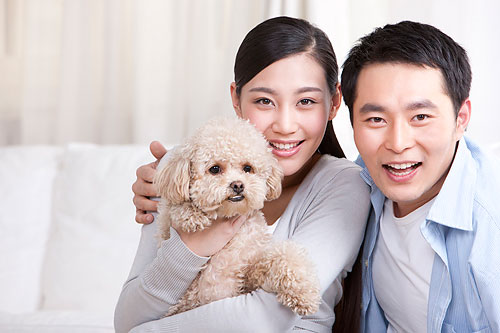
The name 丁克族 (dīngkèzú) comes from DINK – an abbreviation of the English phrase Double Income, No Kids. This name refers to couples who can have kids, but choose not to.
There’s also a subgroup called 丁狗 (dīnggǒu), or Dinkod. These are a group of people who prefer to raise dogs instead of children.
隐婚族
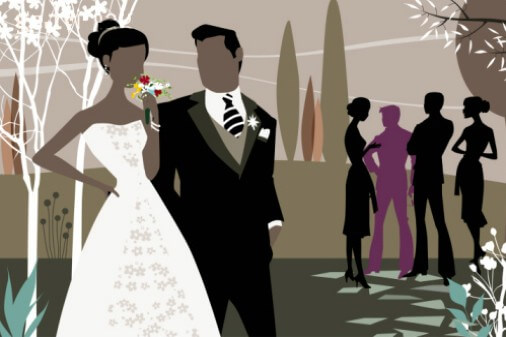
隐婚族 (yǐnhūnzú), or “hidden marriages”, refer to married people who prefer to conceal the facts of being married in public. They pretend to be single in public and in their social circles, thus becoming pseudo-single. Hidden marriages are common among white-collar females aged 25-35, and fewer men.
At the same time, there is a group called 夕阳恋 (xīyángliàn) or “Sunset love”, which is quite the opposite: these are middle-aged or senior couples who live as partners, but do not register their marriage.
[If you like this post, you can also read more about Social labels in today’s China here. One talented Chinese artist made an attempt to capture the new social labels and we translated it for you!]
[If you’re interested in Chinese culture, there’s a post about Numbers in Chinese culture. Check it here!]
Do you have similar groups in your country?
Share in comments – or tweet us at @thatsmandarin!


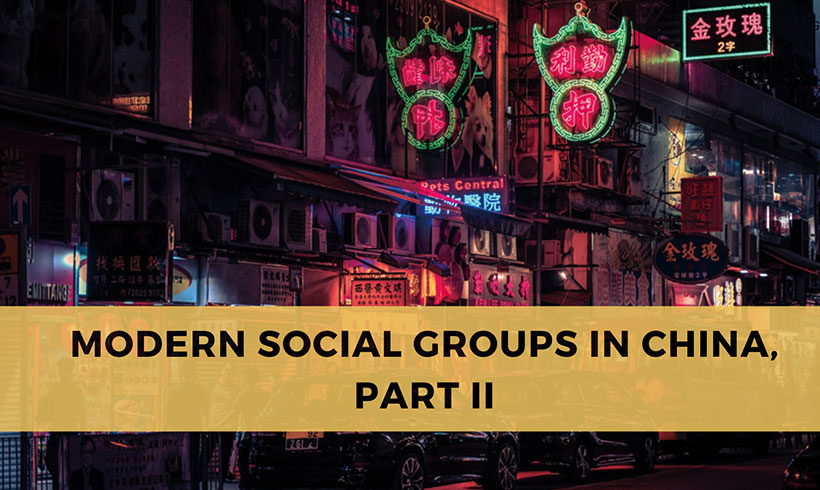
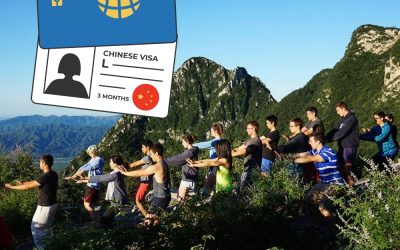

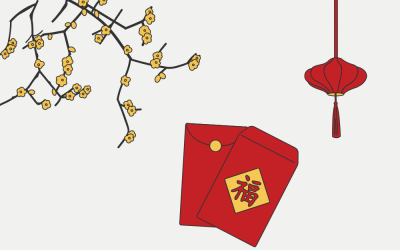



0 Comments